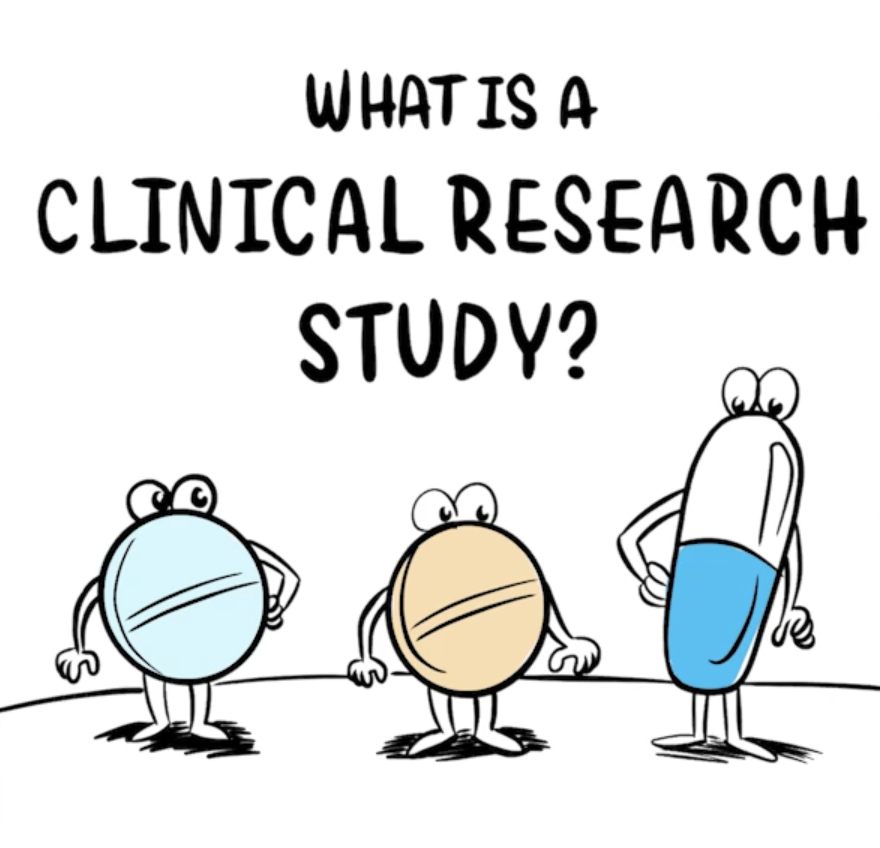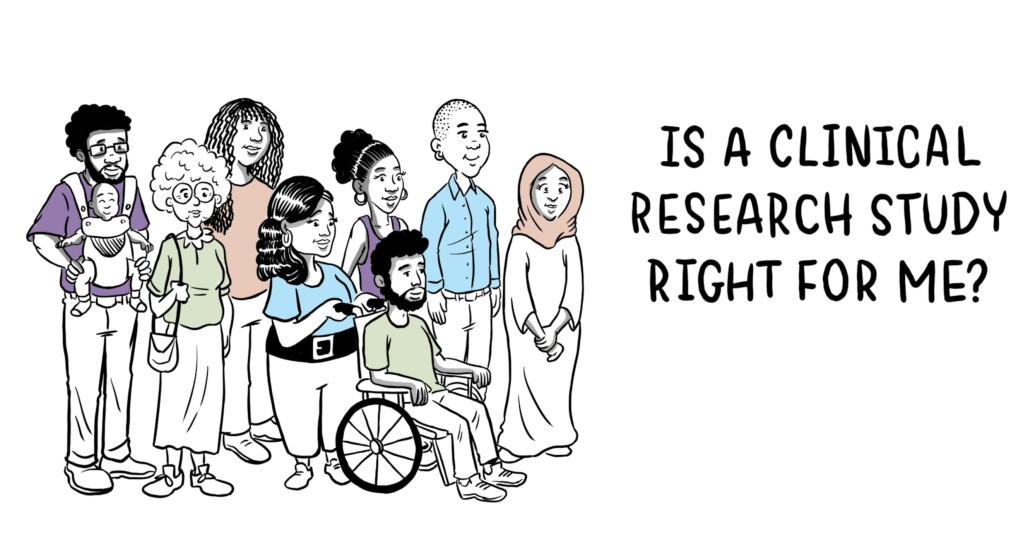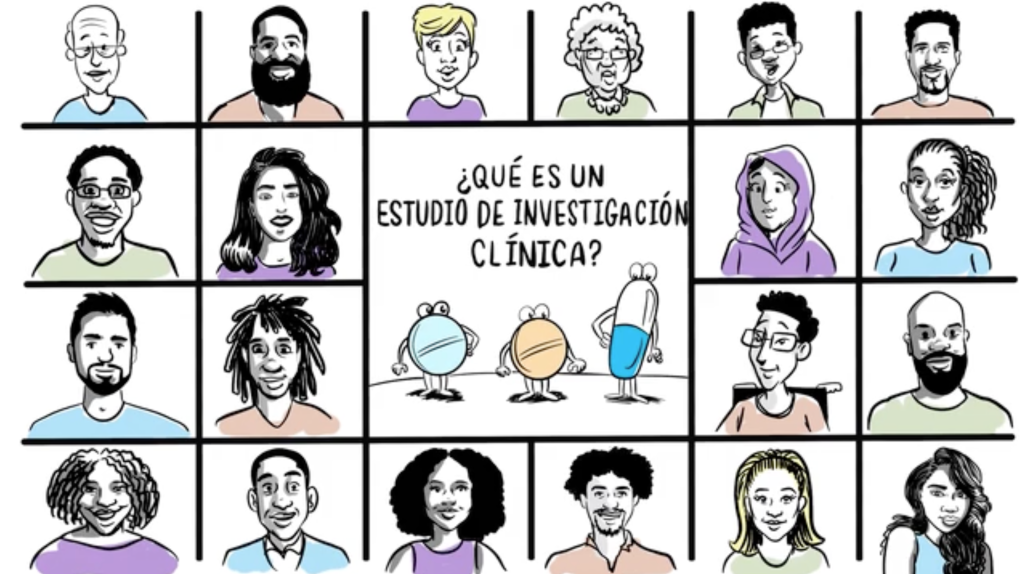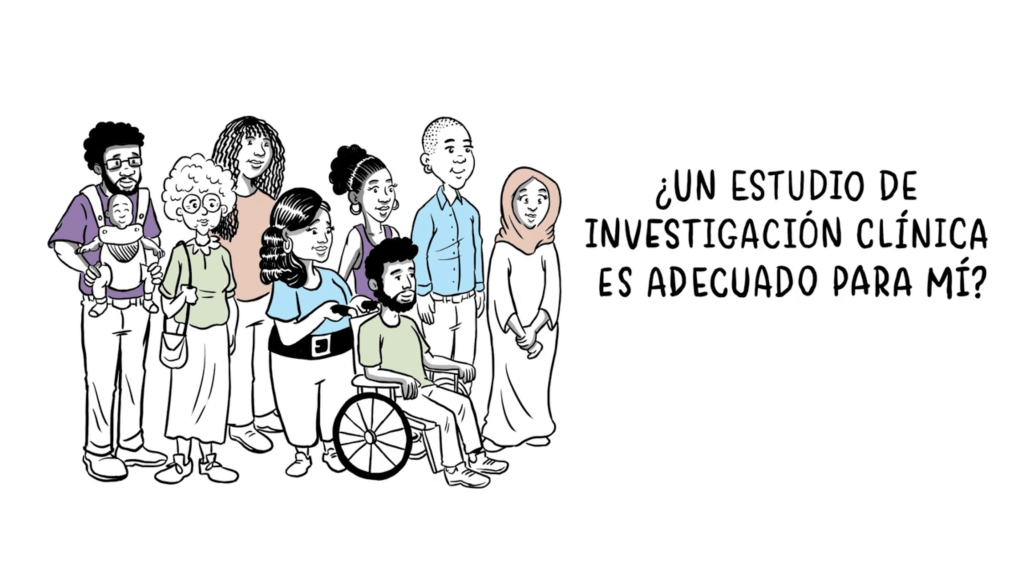Clinical Trials
Clinical trials are one way physicians and scientists actively participate in efforts to improve cancer therapies, diagnostic techniques and prevention strategies. Doctors at the O’Neal Comprehensive Cancer Center offer more than 200 cancer-related clinical trials exploring a wide array of therapies, diagnostics and preventive options, along with community-based trials in cancer survivorship research.
The Phase I Clinical Trials Program at the O’Neal Comprehensive Cancer Center is Alabama’s only close-to-home destination for novel cancer therapy options.
O’Neal Comprehensive Cancer Center members actively participate in cancer clinical trials through their own research protocols, as well as the high-priority trials and multicenter research collaborations through the Cancer Center’s membership in the National Cancer Institute’s National Clinical Trials Network. This multifaceted approach maintains the Center’s connections with the national cancer research community while fostering the development of translational research linked to UAB’s scientific resources.
Frequently Asked Questions
Difficulties Do Not Deter Us
Cancer patients from around the region come to the O’Neal Comprehensive Cancer Center at UAB to take part in clinical research.
Join a Clinical Trial
Search active UAB clinical trials by age group, disease site and keywords.








